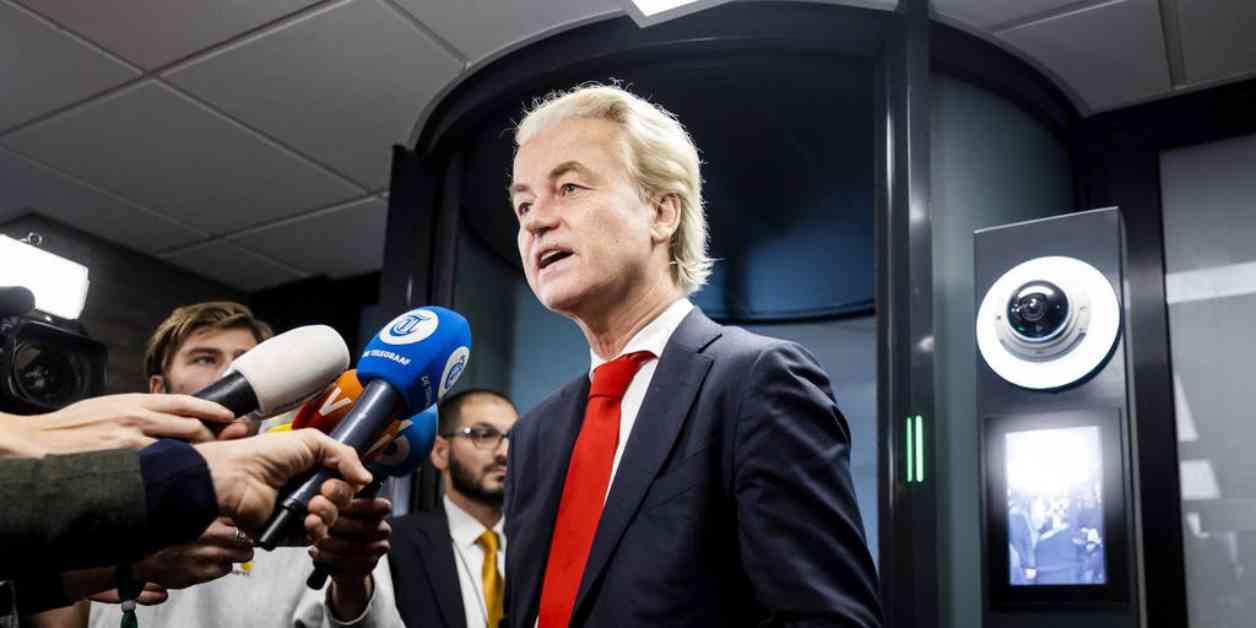The recent surge of right-wing parties in the European Parliament elections has left many across the globe surprised and has raised questions about its potential impact on the upcoming U.S. presidential election. The results of the elections held between June 6 and 9 saw the European Commission President Ursula von der Leyen’s center-right European People’s Party (EPP) Group retain the majority with 189 seats out of 720 available. However, there was a noticeable shift towards the right across the other groups as well.
This shift in Europe may indicate a broader global trend towards right-wing ideologies, especially with over 50 countries holding elections this year. Analysts are closely watching these elections to gauge universal voter sentiments, reminiscent of the Brexit vote preceding Donald Trump’s victory in 2016. Immigration, healthcare, housing, and the cost of living crisis are key issues that have influenced voters’ decisions.
The European Conservatives and Reformists (ECR) made significant gains, becoming the third-largest European party, while right-wing parties like the Rassemblement National (NA) in France also saw victories. The EPP, NA, and other right-wing parties gained strong support in countries like Germany, France, Italy, and Spain, potentially influencing future policy discussions.
One of the notable figures in this rise of right-wing parties is Geert Wilders of the Party for Freedom (PVV) in the Netherlands, whose party secured significant wins in both national and European elections. The right-wing surge has also been attributed to concerns about Ukraine, E.U. membership expansion, and other foreign policy issues.
The success of the ECR party has given the right a strong voice in the European Parliament, potentially impacting future legislative decisions. However, politicians on the left believe that the pro-European majority in left-wing parties will maintain the status quo in policy-making.
As we look ahead to the U.S. presidential election in 2024, the outcomes of these European elections serve as a reminder of the shifting political landscape globally. The rise of right-wing parties in Europe may have implications beyond the continent, shaping political discourse and policy decisions in other parts of the world. The balance between left-wing and right-wing ideologies will continue to be a key factor in shaping the future of global politics.





















